
DOCTORS CONDUCTING A new weight loss study used gas to freeze a nerve in the back that carries hunger signals to the brain, lowering patients’ appetite and promoting weight loss…
In the study, the men and women were sedated and doctors inserted a needle into their backs guided by a CT scan. They directed the needle to a specific nerve, the posterior vagal trunk, and froze the needle and surrounding nerve. The procedure degenerates part of the nerve connected to the brain and stops the connection between the two. The procedure takes about 30 minutes and is painless.
One hundred percent of the subjects reported a decrease in appetite. After 90 days, the average weight loss was 3.6 percent of initial body weight and the average loss of excess BMI was 14 percent.
US News and World Report
Planning And Writing Your Article- With 1 Free CEU!
Although all dietitians are well-versed in academic writing, it can be a challenge to organize our vast knowledge in a way that hits the right chord for readers on the web. Before you sit down to write your epic article, save yourself some time by investing an hour in learning the basics of a solid writing process that can help you create your very best work.
We’ve scoured the internet for the best practices on writing and distilled the information to meet the needs of NutriScape writers. In our 1-hour CEU presentation, “Copywriting Skills for the Internet”, we discuss a structured process for each phase of writing and cover critical SEO principles that are key to getting articles found on Google.
This writer’s guide is a resource that will be sure to help as you organize your thoughts:


 Scan Me!
Scan Me!

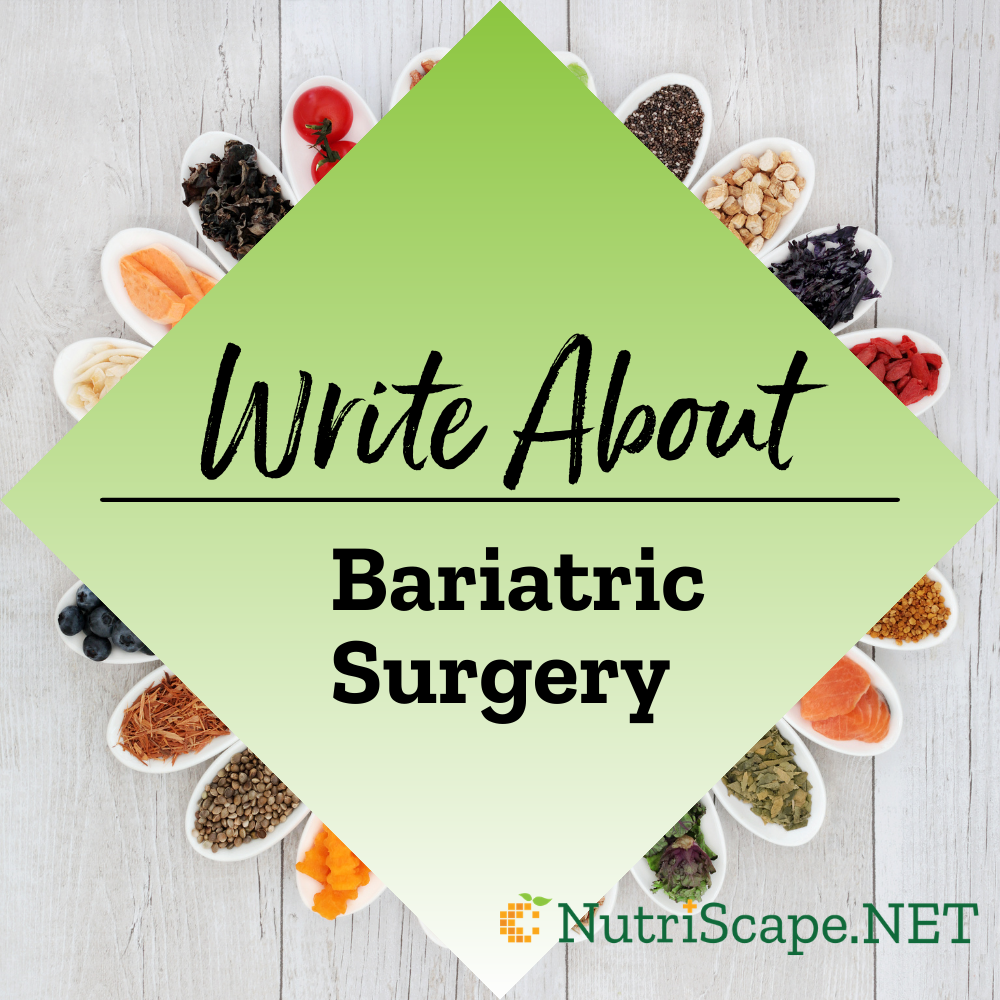


















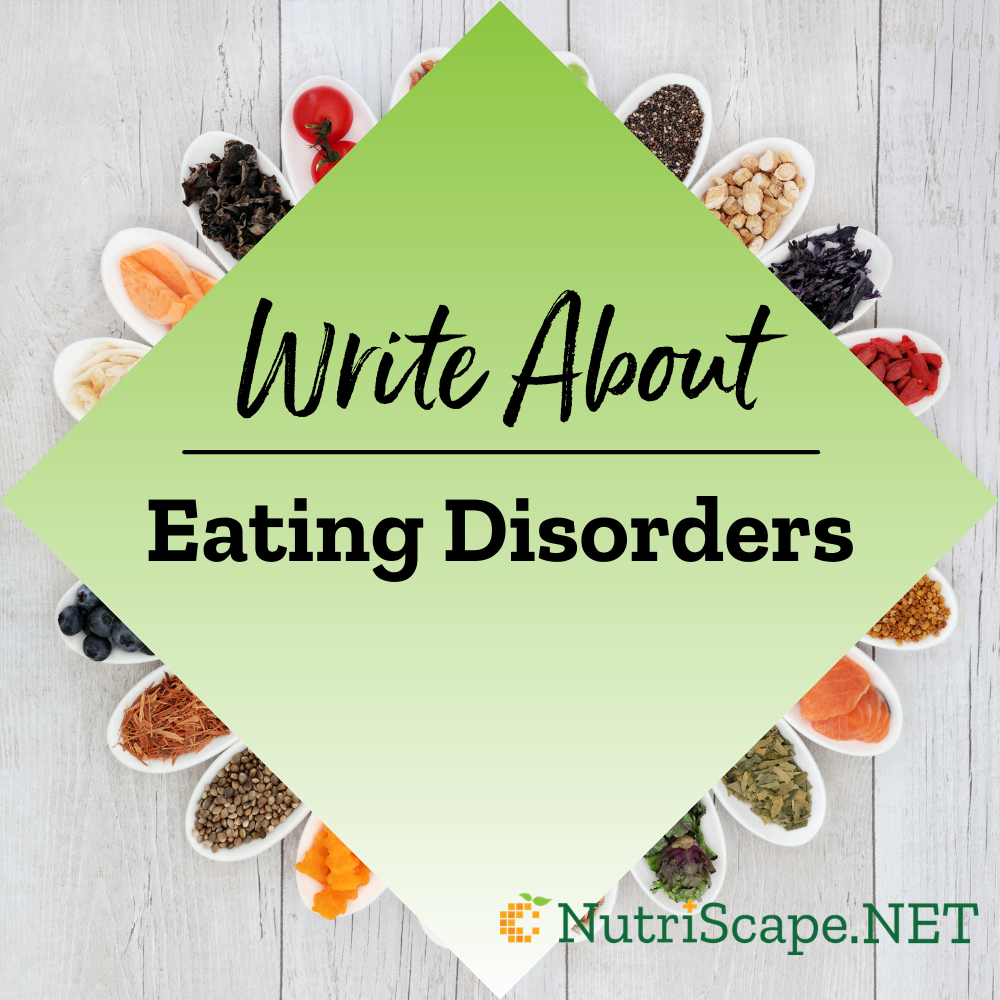


 A lack of essential nutrients is known to contribute to the onset of poor mental health in people suffering from anxiety and depression, bipolar disorder, schizophrenia and ADHD. Nutritional psychiatry is a growing discipline that focuses on the use of food and supplements to provide these essential nutrients as part of an integrated or alternative treatment for mental health disorders.
A lack of essential nutrients is known to contribute to the onset of poor mental health in people suffering from anxiety and depression, bipolar disorder, schizophrenia and ADHD. Nutritional psychiatry is a growing discipline that focuses on the use of food and supplements to provide these essential nutrients as part of an integrated or alternative treatment for mental health disorders.
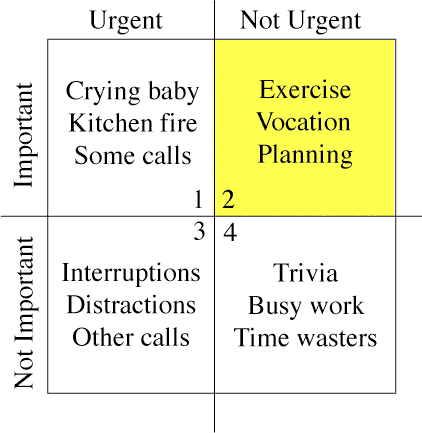


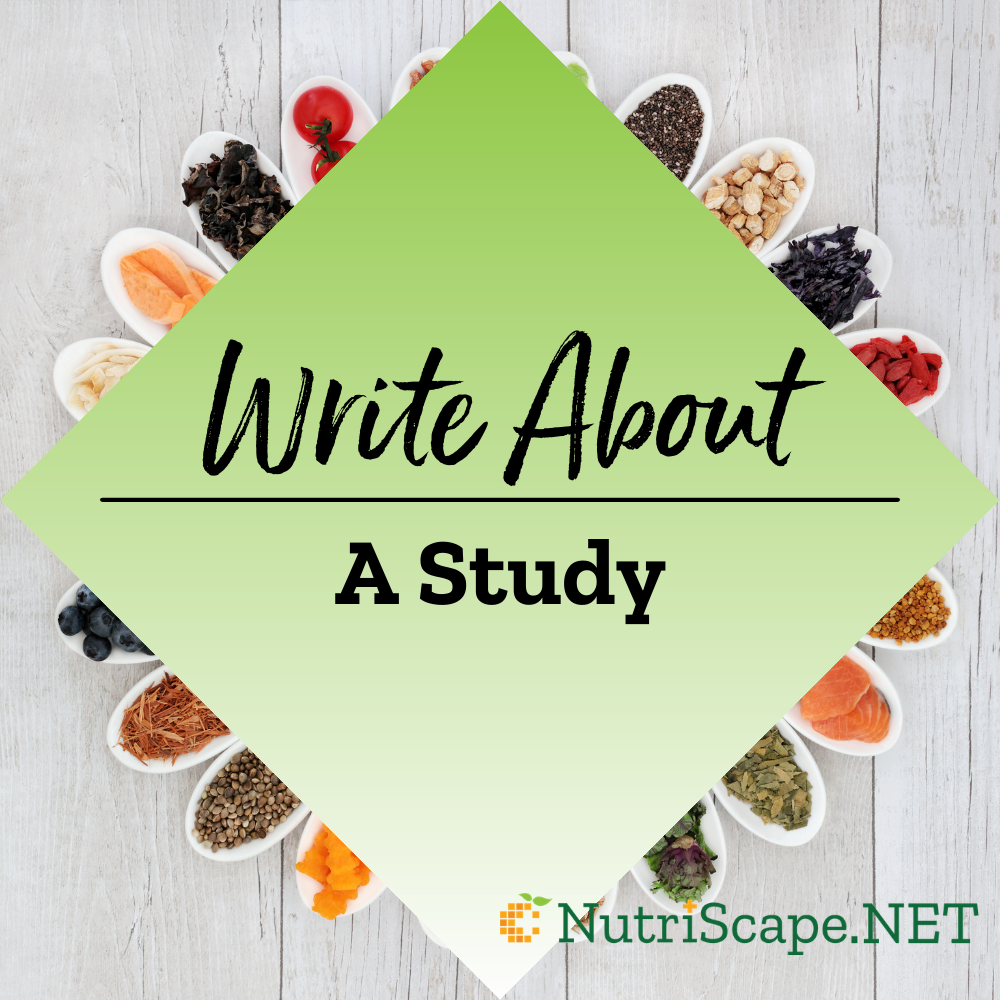





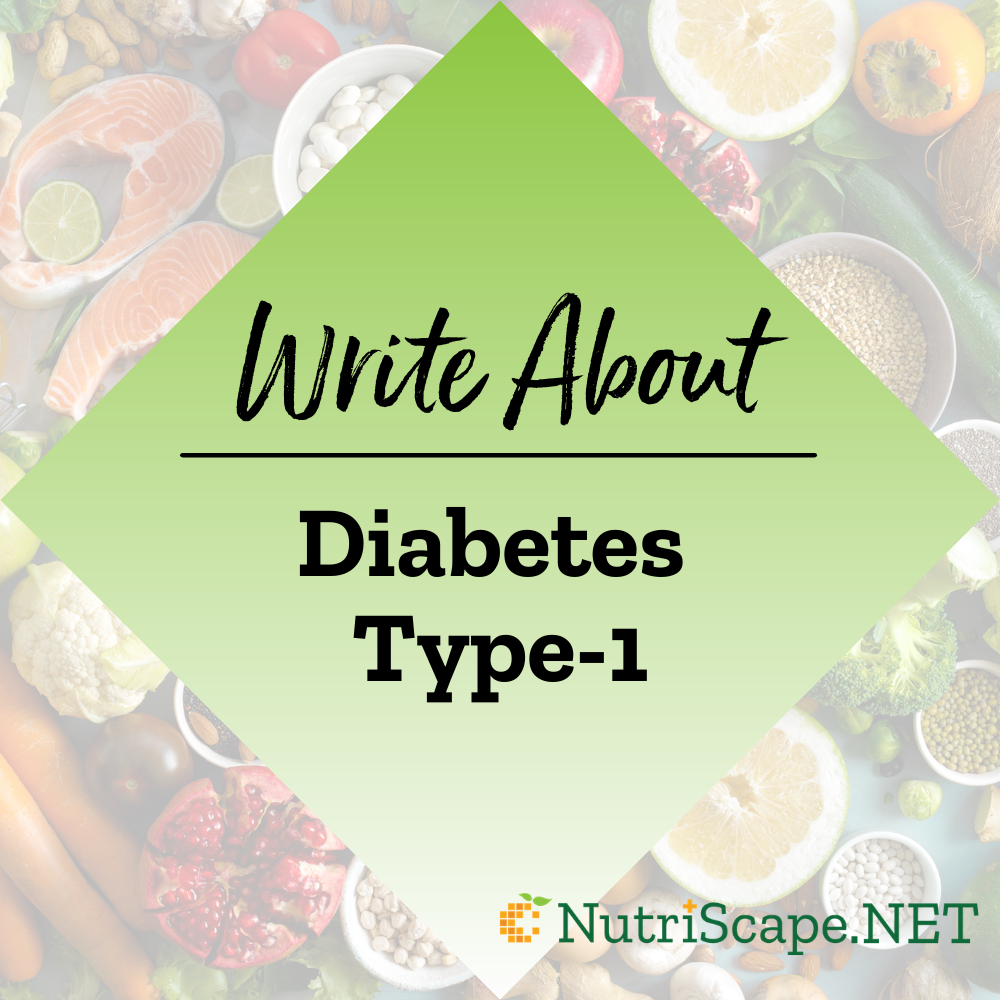













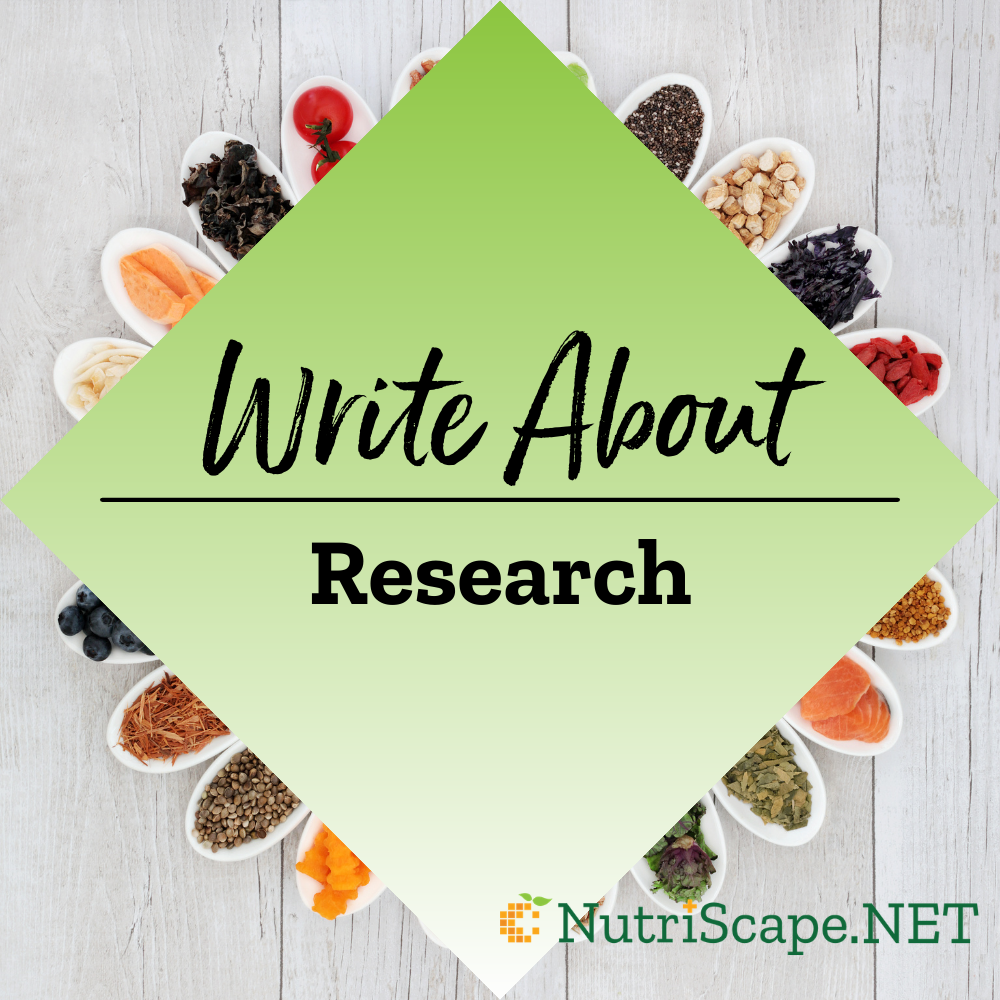
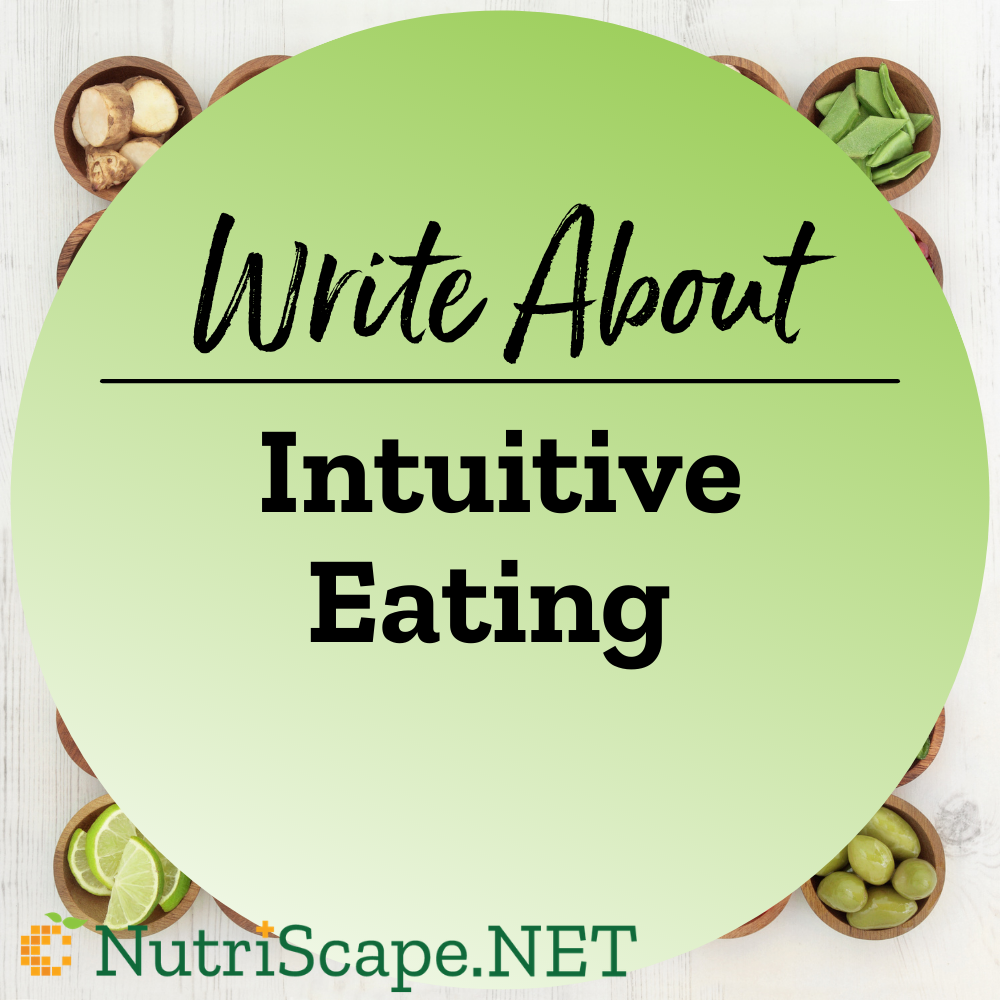













 Adding 20 new factors, a whole new category on behavior and decisions, and research on unexpected things that impact blood sugar and diabetes
Adding 20 new factors, a whole new category on behavior and decisions, and research on unexpected things that impact blood sugar and diabetes